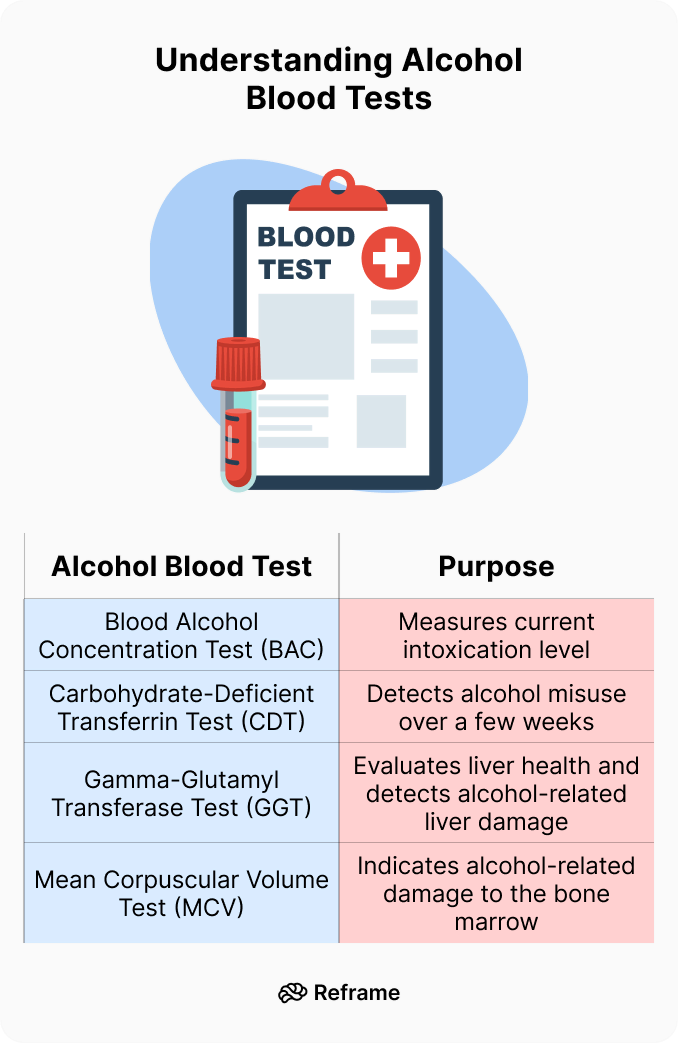Ever wondered why some people can handle their liquor better than others? Unravel the mystery of alcohol tolerance and intoxication levels.
Table of Contents
When it comes to the age-old question of how many beers it takes to get drunk, the answer is not as straightforward as one might think. Alcohol intoxication is a complex process influenced by a variety of factors, including alcohol metabolism, individual tolerance levels, and other external variables. In this blog post, we will delve deep into the science behind alcohol intoxication to shed light on this intriguing question.
Understanding Alcohol Metabolism
Alcohol metabolism is the process by which the body breaks down and eliminates alcohol from the system. When you consume alcohol, your body metabolizes it primarily in the liver through enzymes like alcohol dehydrogenase and acetaldehyde dehydrogenase. These enzymes work to convert alcohol into acetaldehyde and then into acetic acid, which is eventually eliminated from the body.
Factors such as age, gender, weight, and overall health can influence how quickly your body metabolizes alcohol. For example, younger individuals tend to metabolize alcohol faster than older adults due to differences in liver function. Additionally, men generally have a higher percentage of water in their bodies compared to women, which can affect the rate at which alcohol is metabolized. Weight also plays a role, as individuals with higher body weight may be able to process alcohol more efficiently.
One way to measure intoxication levels based on alcohol metabolism is through Blood Alcohol Concentration (BAC). BAC is a measure of the amount of alcohol in your bloodstream and is often used as an indicator of intoxication. As BAC levels rise, so do the effects of alcohol on the body, including impaired judgment, coordination, and motor skills.
Individual Tolerance Levels
Individual tolerance to alcohol can vary significantly among people. Genetics, frequency of alcohol consumption, and overall health can all influence how tolerant an individual is to the effects of alcohol. Some individuals may have a genetic predisposition that allows them to metabolize alcohol more efficiently, while others may have a lower tolerance due to genetic factors.
It is essential to note that relying solely on tolerance to determine intoxication levels can be dangerous. Tolerance can increase over time with regular alcohol consumption, leading individuals to underestimate their level of intoxication. This can result in risky behaviors such as drunk driving or alcohol poisoning.
Influencing Factors on Intoxication
Several external factors can impact how drunk someone gets from consuming alcohol. One crucial factor is food consumption – eating before or while drinking can slow down the absorption of alcohol into the bloodstream, reducing its effects. Similarly, staying hydrated can help mitigate the dehydrating effects of alcohol and potentially lessen intoxication levels.

Image courtesy of www.joinreframeapp.com via Google Images
Medications can also interact with alcohol and affect intoxication levels. Some medications can amplify the effects of alcohol and lead to increased intoxication, while others may reduce the effectiveness of alcohol metabolism. It is essential to be aware of how medications interact with alcohol and consult a healthcare provider if you are unsure.
Mixing different types of alcohol can also influence intoxication levels. Different alcoholic beverages contain varying amounts of ethanol, which can affect how quickly alcohol is absorbed and metabolized in the body. Mixing drinks can make it challenging to track how much alcohol you have consumed and increase the risk of overconsumption.
Tips for Safe Drinking
Drinking responsibly is key to avoiding excessive intoxication and its potential risks. Pacing oneself and monitoring alcohol consumption are essential strategies to prevent getting drunk too quickly. Understanding your limits and knowing when to stop can help you stay safe while enjoying alcohol.
If you find yourself struggling with alcohol consumption or suspect you may have an issue with alcohol, seeking help from a healthcare provider or a support group can be beneficial. It’s important to prioritize your health and well-being when it comes to alcohol consumption.
In conclusion, the question of how many beers it takes to get drunk is not a one-size-fits-all answer. By considering alcohol metabolism, individual tolerance levels, and various influencing factors on intoxication, we can gain a better understanding of alcohol’s effects on the body and how to drink responsibly. Remember, knowledge is power when it comes to alcohol consumption – drink smart, stay safe.
Now, let’s address some common questions related to alcohol tolerance and intoxication levels:
Question 1: How does age affect alcohol tolerance?
Answer 1: Age can impact alcohol tolerance as younger individuals tend to metabolize alcohol faster due to differences in liver function.
Question 2: Can genetics influence alcohol tolerance?
Answer 2: Yes, genetics play a role in alcohol tolerance, with some individuals having a genetic predisposition for more efficient alcohol metabolism.
Question 3: What role does hydration play in intoxication?
Answer 3: Staying hydrated can help mitigate the dehydrating effects of alcohol and potentially lessen intoxication levels by slowing down alcohol absorption.
Question 4: How can medications interact with alcohol?
Answer 4: Medications can interact with alcohol, amplifying its effects or inhibiting metabolism. It’s crucial to understand these interactions and consult a healthcare provider if uncertain.
Generated by Texta.ai Blog Automation


Leave a Reply